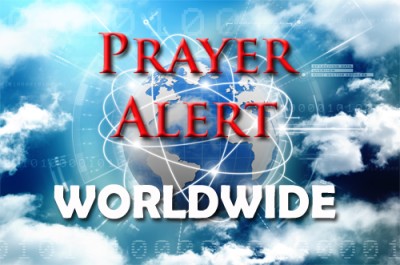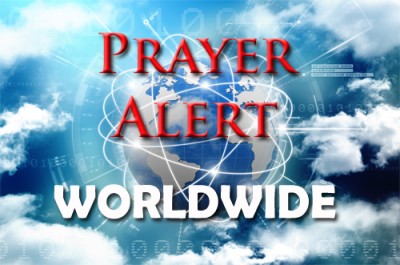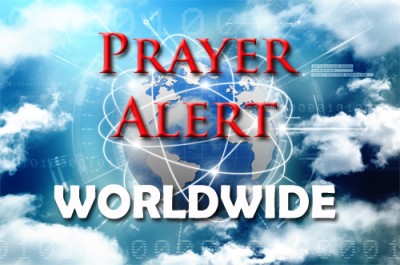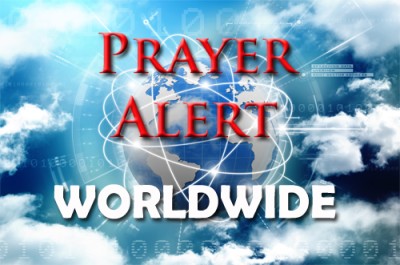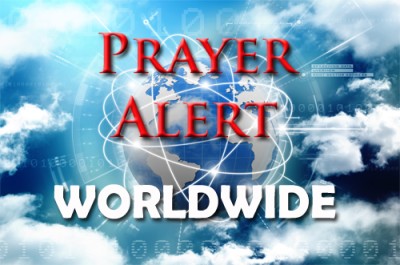Syria: Israel launches airstrikes on military targets
Israel has launched a series of airstrikes and naval operations in Syria, targeting military assets and creating a buffer zone near the Golan Heights. Defence minister Israel Katz stated the actions aim to establish a ‘sterile defence zone’ to prevent terrorist activities. Israeli strikes reportedly destroyed Syria’s naval fleet, military warehouses, air-defense facilities, and weaponry near Damascus. There were probably as many as 250 strikes, with video evidence of naval wreckage in Latakia. The Syrian Observatory for Human Rights confirmed significant damage to Syria’s military infrastructure. Israel claims its operations are temporary and limited to precluding advanced weaponry from extremist groups. However, several nations have condemned the strikes as violations of international law. The UN criticised the buffer zone seizure as a breach of the 1974 disengagement agreement, despite Israel’s assurances of its defensive intent.
Nepal: activists trying to halt mass slaughter of animals
Animal rights activists are urging the Nepali government to halt the mass slaughter of animals during the Gadhimai festival, a tradition held every five years in a village near the Nepal-India border. Despite a 2016 supreme court order to phase out animal sacrifices, thousands of buffaloes, goats, and pigeons were reportedly killed this year. Participants believe that sacrificing animals pleases the goddess Gadhimai, bringing them good fortune and fulfilling wishes. Efforts by organisations like the Humane Society have led to a reduction in the number of animals sacrificed, but activists argue that more needs to be done. Local officials claim that measures are being taken to limit the practice, and some villagers have shown openness to alternatives, such as monetary donations instead of animal offerings. However, many community members resist change, viewing the sacrifices as an integral part of their 200-year-old cultural tradition. Activists continue to work on the ground, focusing on education and awareness to shift attitudes towards ending the practice.
Canada: nearly 5% of all deaths are medically assisted
In Canada, the rate of medical assistance in dying, aka euthanasia, has increased for the fifth consecutive year, though at a slower pace. In 2023, about 15,300 people underwent assisted dying - 4.7% of all deaths in the country. This marks a 16% increase from the previous year, a sharp decline compared to the 31% annual rise in earlier years. The government is exploring expanding euthanasia to include those with mental illnesses, but that decision has been delayed because the provinces are concerned about whether the system could cope with such an expansion. Also, concerns about potential gaps in safeguards have grown, with some instances of individuals seeking euthanasia for non-terminal conditions, such as chronic disabilities or housing issues. These controversial cases have sparked ongoing debates about the program’s ethics and future expansion.
Uganda: mental health crisis at refugee camps
The mental health crisis at Kiryandongo refugee camp is escalating, with suicides and suicide attempts surging. Between January and October 2024, 41 suicides and over 130 attempts were recorded, highlighting the profound psychological distress faced by refugees. Many are haunted by memories of past trauma, such as bombings. These ongoing fears disrupt daily life and contribute to widespread mental health struggles. Despite the existence of psychosocial support programs, resources at the camp are insufficient to meet the overwhelming demand. With over 1.7 million refugees in Uganda, local healthcare services are under immense pressure, but specialised care is often inaccessible due to high costs. The UNHCR is calling on governments, the private sector, and international donors to increase funding for mental health programs to address this urgent need.
Brazil: Lula’s health scare causes problems for the country’s left wing
President Luiz Inacio Lula da Silva’s recent health scare has raised questions about his political future and Brazil’s left-wing leadership. At 79, Lula has undergone emergency surgery in São Paulo after a fall at home led to a cranial hemorrhage. His health issues, coupled with his central role in negotiating key policies, have cast uncertainty over the future of his minority government, which is grappling with essential reforms in spending cuts and tax policies. There are also concerns over his ability to run for reelection in 2026, with the Workers Party lacking a clear successor. He has said that he would like to see a political ‘renovation’ in the next election, but if his candidacy is required to defeat the far right, then ‘obviously I'll be ready to run’. Analysts believe the party is unprepared for a future without his leadership; the failure to develop new leaders has made it challenging for it to gain traction in recent elections.
Iran: released from death sentence
Marziyeh Amirizadeh spent her first 33 years under a restrictive regime that curtailed freedoms following the 1979 revolution. Raised as a Muslim, she experienced a profound spiritual transformation after encountering God in a dream, leading her to embrace Christianity. Despite the severe risks, Marziyeh and her friend Maryam began evangelising in Tehran, distributing Bibles and sharing Jesus' love. Their activities attracted the attention of authorities, and in 2009 they were arrested and sentenced to death by hanging for apostasy and promoting Christianity. Initially confined in an underground dungeon, they endured inhumane conditions, but throughout their imprisonment Marziyeh held on to the promise of Matthew 10:19, which assures believers that the Spirit will provide words in times of persecution. Their unwavering faith and international advocacy eventually led to their release. Her story is a testament to steadfast faith amid persecution.

